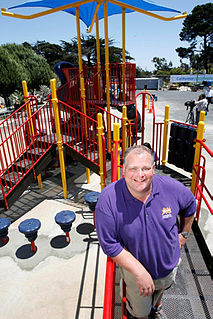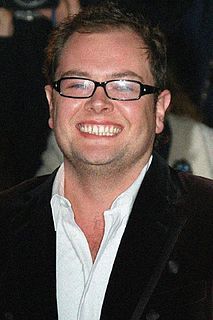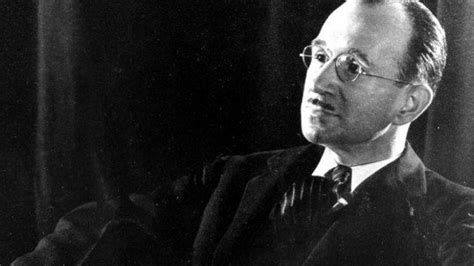A Quote by Naveen Jain
Why is it that our young kids all across America can solve the most complex problems in a video game involving executive decision making and analytical thinking, yet we accept the fact that they can't add or read?
Related Quotes
My hope is that design thinking becomes an innovative discipline and not just the trend of the decade. As a nation and globally, we have some of the biggest problems to solve we have ever faced. We need innovative ways to solve our problems and communicating the solutions will be paramount. Original thinking, complex problem solving, and collaboration are all important skills for our future.
Even with the most stupid video games, kids learn more about learning than they ever did before, because they want to learn codes and moves before other kids figure them out. They're motivated to seek out someone or search the Net for help. A student who makes a video game has to solve mathematical problems to make special effects happen on the screen.
Just think of the opportunities we can unlock by making education as addictive as a video game. This type of experiential, addictive learning improves decision-making skills and increases the processing speed and spatial skills of the brain. When was the last time your child asked for help with a video game?
When I was first thinking about what would become Venture for America, I was trying to figure out how to solve a problem - that our top young people were being driven to roles that did not, to me, address the needs of our time. That VFA would be a non-profit just seemed like the most efficient way to solve the problem.
Teaching and writing, really, they support and nourish each other, and they foster good thinking. Because when you show up in the classroom, you may have on the mantle of authority, but in fact, you're just a writer helping other writers think through their problems. Your experience with the problems you've tried to solve comes into play in how you try to teach them to solve their problems.
The constant drive for campaign dollars has distorted decision-making in Washington, DC, to the point where our systems can no longer effectively address complex, long-term problems like the climate crisis. Which brings me to my other major concern - the short-term focus of capitalism. It distorts the allocation of resources and the decision-making processes of companies.
while the executive should give every possible value to the information of the specialist, no executive should abdicate thinking on any subject because of the expert. The expert's information or opinion should not be allowed automatically to become a decision. On the other hand, full recognition should be given to the part the expert plays in decision making.


































